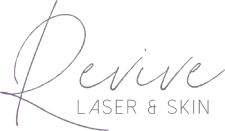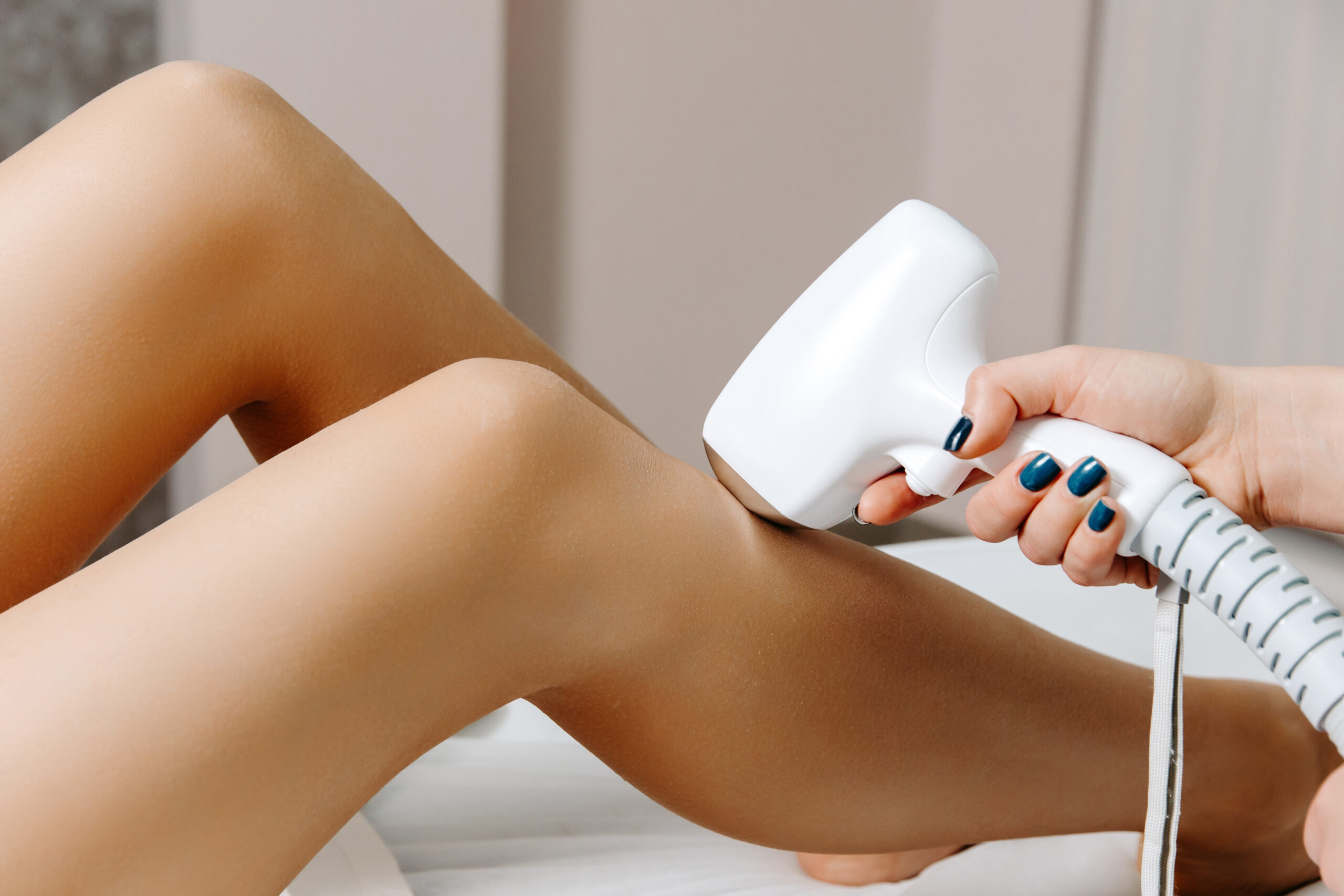Laser hair removal is generally considered a safe and effective procedure when performed by trained and licensed professionals in reputable clinics. However, there have been cases where clients have experienced burns or other adverse effects from laser hair removal treatments. Incidents like this can occur for several reasons:
Inexperienced or unqualified practitioners: Some clinics may employ individuals who lack proper training or certification in laser hair removal. Inexperienced practitioners may not fully understand the settings and techniques required for safe and effective treatment, increasing the risk of burns or other complications.
Incorrect settings: Laser hair removal devices have adjustable settings that need to be customized based on an individual’s skin type, hair color, and other factors. If the settings are not properly adjusted to match the client’s unique characteristics, it can result in burns or skin damage.
Lack of skin cooling: Cooling the skin before, during and after laser hair removal is incredibly important to protect the skin during treatment. If cooling is not used or is improperly applied, the client’s skin will be much more susceptible to burns.
Failure to perform a patch test: A patch test is a small test area where a practitioner assesses the client’s skin’s reaction to the laser before proceeding with a full treatment. Neglecting to perform a patch test can lead to unexpected adverse reactions in sensitive individuals.
Non-compliance with safety regulations: Some clinics may cut corners on safety measures, such as proper hygiene, equipment maintenance, and infection control. These lapses can increase the risk of complications, including burns.
Inadequate client assessment: Proper evaluation of a client’s medical history and skin conditions is essential to determine their suitability for laser hair removal. Failing to identify contraindications or underlying skin issues can lead to complications.
Use of outdated or substandard equipment: Older or poorly maintained laser devices may not provide consistent and safe results, increasing the risk of burns or other complications. IPL (not a laser) is a more superficial heat and is especially risky for causing burns on clients with darker skin.
It’s essential for individuals seeking laser hair removal to choose reputable clinics with experienced and qualified practitioners, as well as clinics who purchase up to date, high quality LASER (not IPL) equipment and apply multiple cooling methods.
Before undergoing treatment, clients should consult with the practitioner, ask questions about their qualifications and experience, inquire about the equipment used, and ensure that the clinic follows proper safety protocols.
In the event of burns or other adverse effects from laser hair removal, clients should seek medical attention and report the incident to the clinic and relevant regulatory authorities to prevent similar incidents from occurring in the future.

